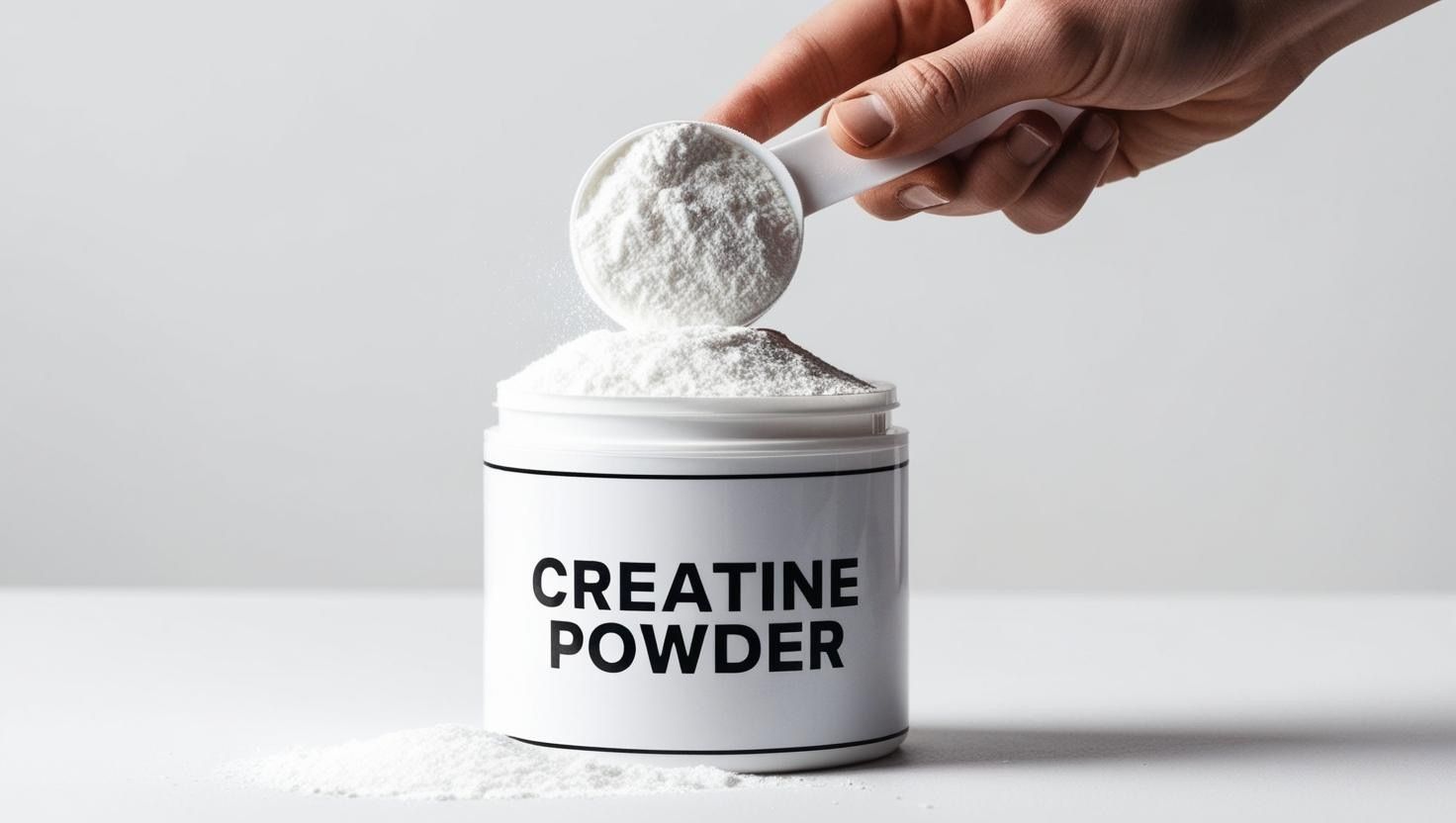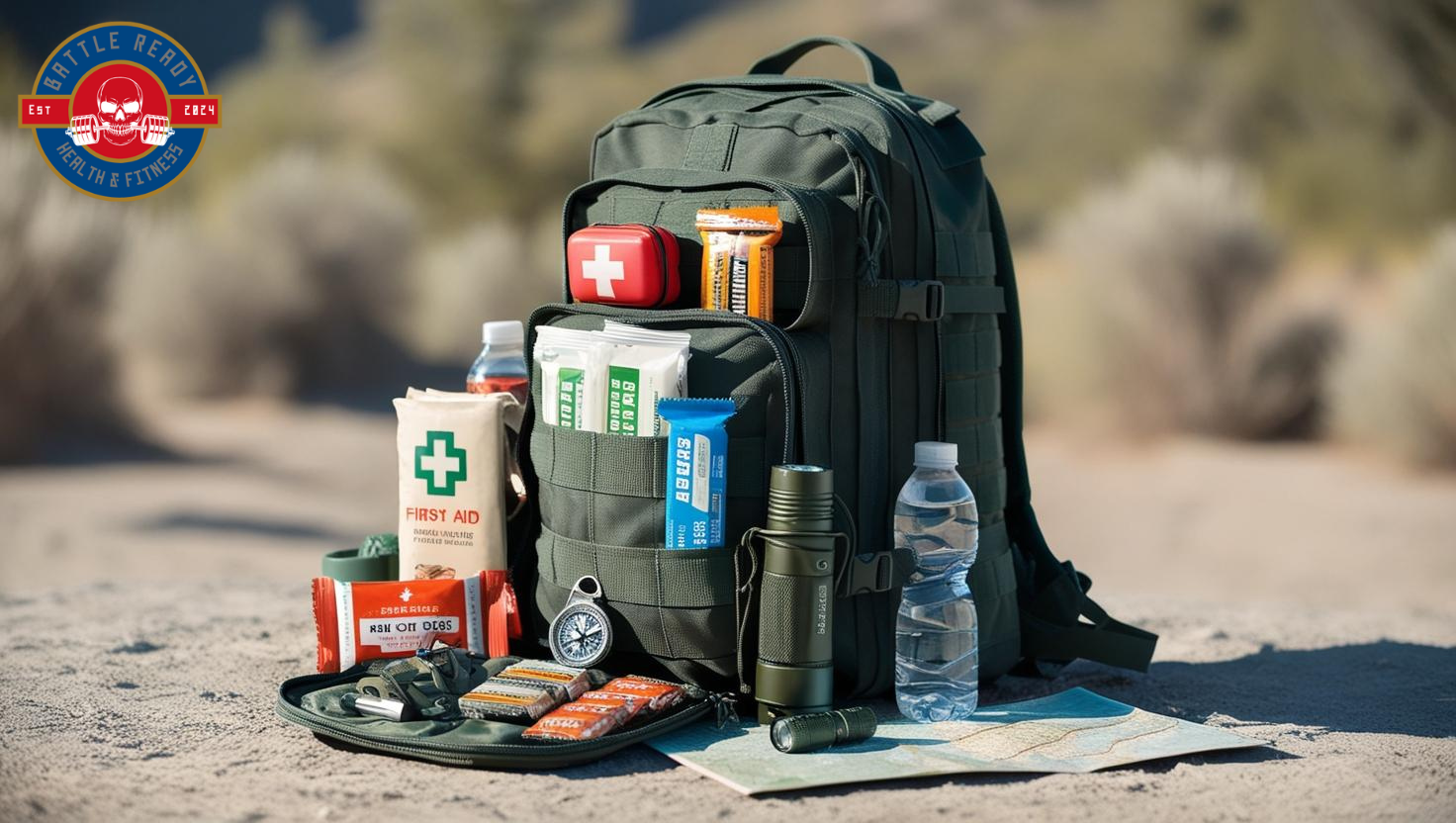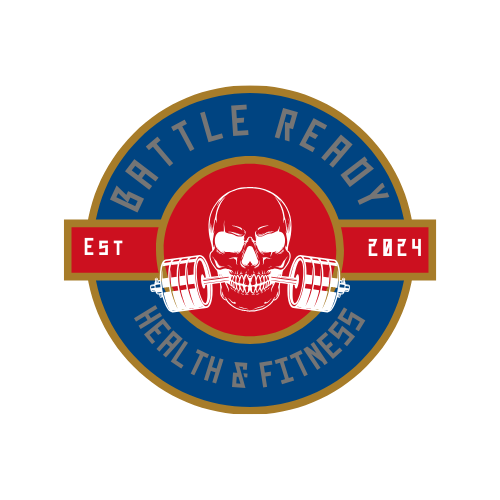Creatine

Creatine: Why You Should Be Taking It (And What Most People Get Wrong)
Let’s set the record straight—creatine isn’t just for bodybuilders or bros trying to get “swole.” It’s one of the most effective, affordable, and misunderstood supplements out there. Whether you’re training for performance, staying mission-ready, or just trying to get stronger, creatine should already be in your daily routine.
What is Creatine, Really?
Creatine is a naturally occurring compound found in your muscles. Your body stores it to help make ATP (adenosine triphosphate)—your body’s primary energy source for short, explosive movements. I’m talking sprinting, heavy lifting, or going full beast mode during a high-intensity set (Kreider et al., 2017).
Your body only stores a limited amount. And unless you're eating a pound of red meat every day, you're not getting enough from food. Supplementing with 5 grams of creatine monohydrate a day helps keep those energy stores full and your performance dialed in.
What Creatine Actually Does
- Boosts strength and power
- Helps build lean muscle mass
- Improves muscular endurance
- Aids in recovery
- Even supports brain health (Avgerinos et al., 2018)
Let’s Kill the Myths
“Creatine makes you look bloated.”
False. What it really does is pull water into your muscle cells, which is a good thing. It helps with recovery, nutrient delivery, and muscle function. You’re not holding water under your skin—you’re hydrating the muscle tissue itself (Buford et al., 2007).
“It just makes your muscles look ‘swollen’ and not real.”
Wrong again. Creatine supports real muscle growth through improved work capacity and ATP production. If your muscles are getting bigger, it’s because you’re training harder and recovering better—not because of some fake water weight.
Drink Your Water
Since creatine increases intracellular hydration, you need to be drinking over a gallon of water a day—especially if you're training hard or working in heat. You can’t expect your body to perform if it’s dehydrated. Period.
Timing Doesn’t Matter—Consistency Does
Another big myth? “You have to take it at the perfect time.”
Nope.
Research shows it doesn’t matter if you take creatine before, during, or after your workout—as long as you're consistently getting your 5 grams per day (Candow et al., 2020). So pick a time that works for you and stick with it. That’s what matters most.
How It Works: Creatine → ATP → Power
When you train, your body taps into ATP for quick energy. But your ATP stores deplete fast—like in seconds. Creatine helps replenish those
ATP stores faster, which means you can go harder, longer, and recover better between sets (Sahlin, 2014).
You’re not just taking a supplement—you’re literally fueling the engine that drives every rep.
Final Word from Coach Mo
Creatine is not magic—but it’s damn close. It’s cheap, safe, well-studied, and incredibly effective. If you care about performance, recovery, and real results, get on 5g of creatine monohydrate daily and stay consistent.
And don’t forget: drink that water. Over a gallon a day. No excuses.
Stay fueled. Stay focused. Stay Battle Ready.
– Coach Mo
Bibliography
- Avgerinos, K. I., Spyrou, N., Bougioukas, K. I., & Kapogiannis, D. (2018). Effects of creatine supplementation on cognitive function of healthy individuals: A systematic review of randomized controlled trials. Experimental Gerontology, 108, 166-173.
- Buford, T. W., Kreider, R. B., Stout, J. R., Greenwood, M., Campbell, B., Spano, M., ... & Antonio, J. (2007). International Society of Sports Nutrition position stand: creatine supplementation and exercise. Journal of the International Society of Sports Nutrition, 4(1), 6.
- Candow, D. G., Vogt, E., Johannsmeyer, S., Forbes, S. C., & Farthing, J. P. (2020). Strategic creatine supplementation and resistance training in healthy older adults. Applied Physiology, Nutrition, and Metabolism, 45(10), 1112-1117.
- Kreider, R. B., Kalman, D. S., Antonio, J., Ziegenfuss, T. N., Wildman, R., Collins, R., & Lopez, H. L. (2017). International Society of Sports Nutrition position stand: safety and efficacy of creatine supplementation in exercise, sport, and medicine. Journal of the International Society of Sports Nutrition, 14(1), 18.
- Sahlin, K. (2014). Muscle energetics during explosive activities and potential effects of nutrition and training. Sports Medicine, 44(Suppl 2), 167–173.



